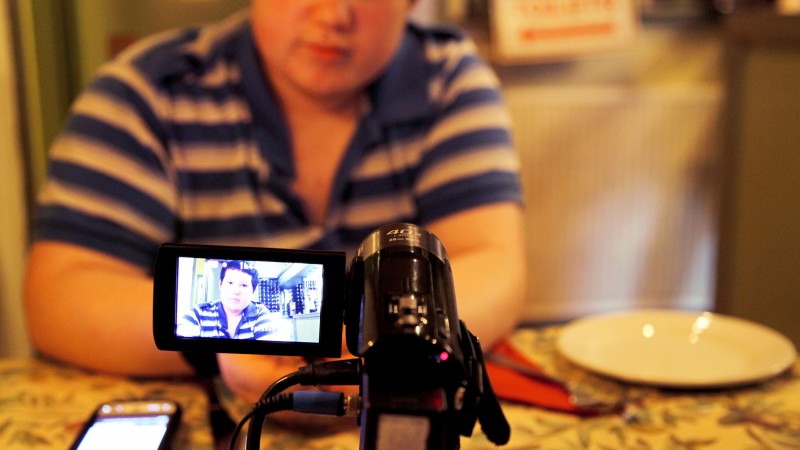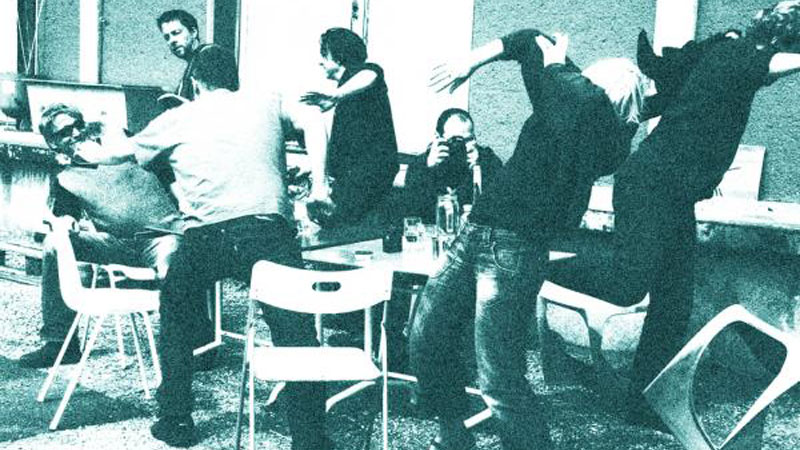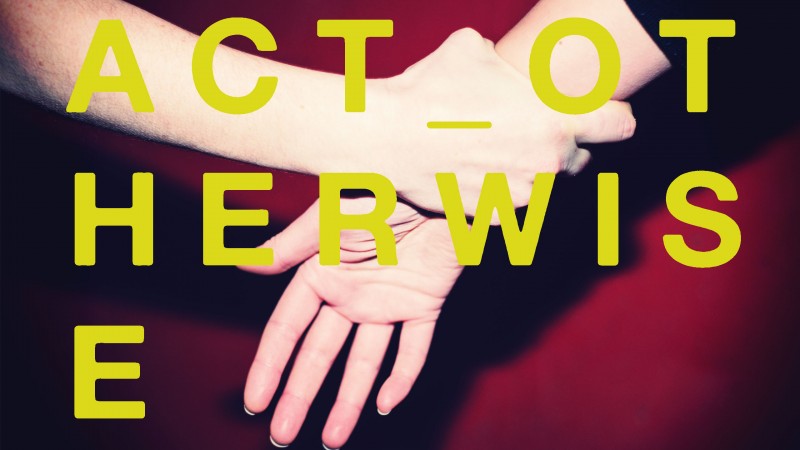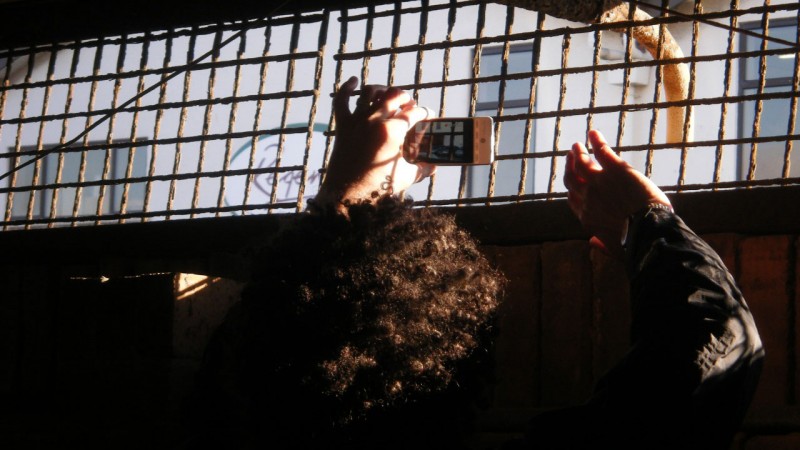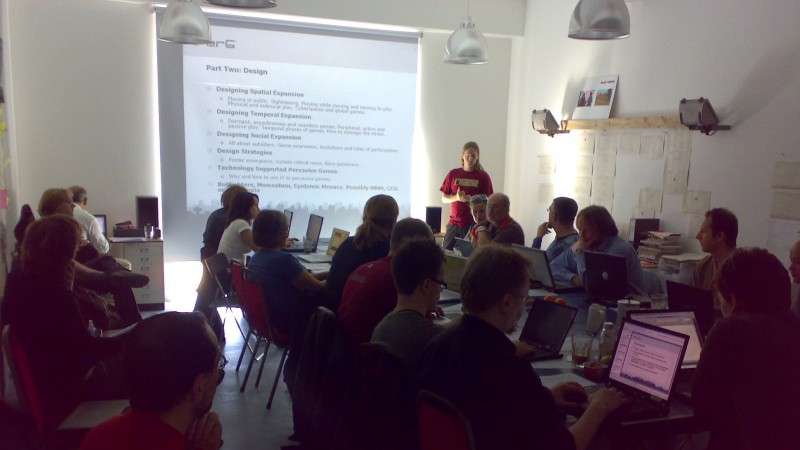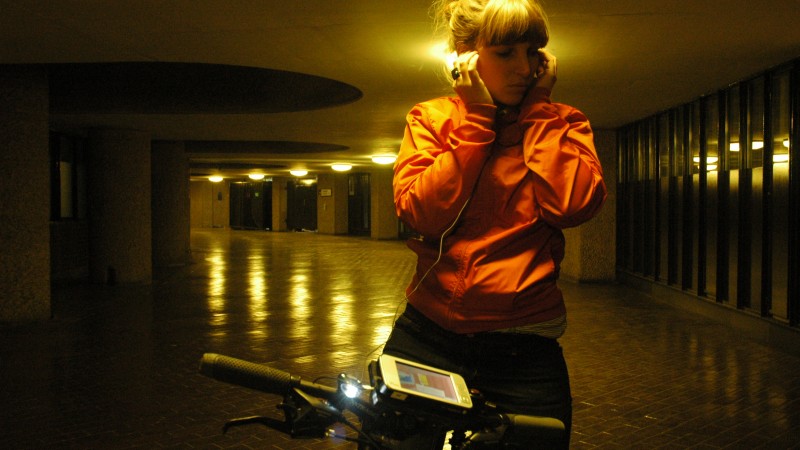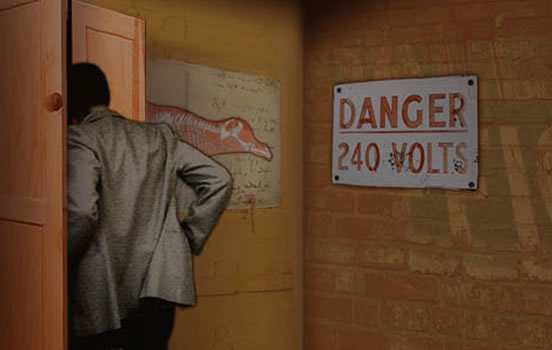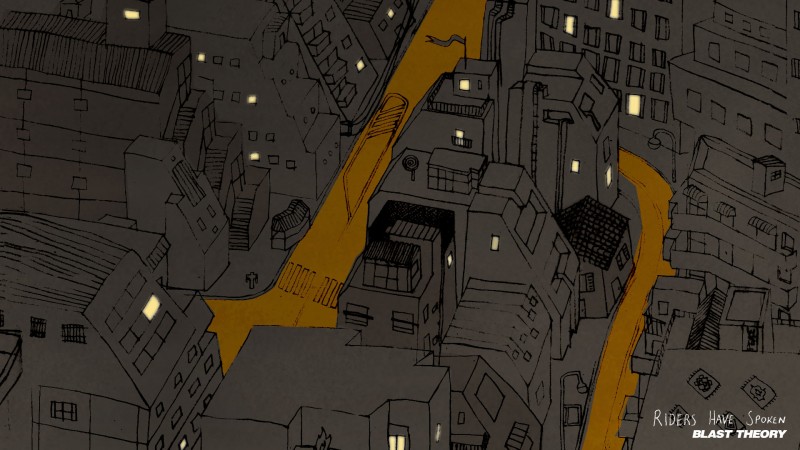Under the title Connecting Communities for the Digital Economy initiative, the cluster brings together practitioners from the creative industries with researchers from varied traditions that span ICT, the arts and humanities, the social sciences, and business studies.
The cluster is comprised of several practical projects and troubadour studies. Blast Theory is involved in the Riders Have Spoken project, which aims to explore the challenges involved in recording and replaying distributed interactive experiences so as to enable new creative practices and also better support interdisciplinary research.
Using Blast Theory’s recent work Rider Spoke, the project partners are utlising recordings from the work to investigate a range of methods for archiving and playback of the recorded materials.
The Riders Have Spoken team are Steve Benford, Alan Chamberlain and Duncan Rowland (Mixed Reality Lab, University of Nottingham); Gabriella Giannachi (University of Exeter); Matt Adams and Julianne Pierce (Blast Theory); Jonathan Foster (University of Sheffield); Adrian Haffegee and Kate Allen (University of Reading).
The overall objectives of the Creator cluster are to:
- define a new long-term research agenda for the creative industries to underpin future collaborations between the ICT research-base and creative practitioners
- initiate new inter-disciplinary collaborations among researchers across ICT, the arts and humanities, and the social sciences, including business studies
- propose and demonstrate new ways of engaging creative end-users, leading to new models of research that can successfully combine focused “practice-led” creative activity with the need to address long-term research goals
- explore new forms of knowledge transfer and innovative business

